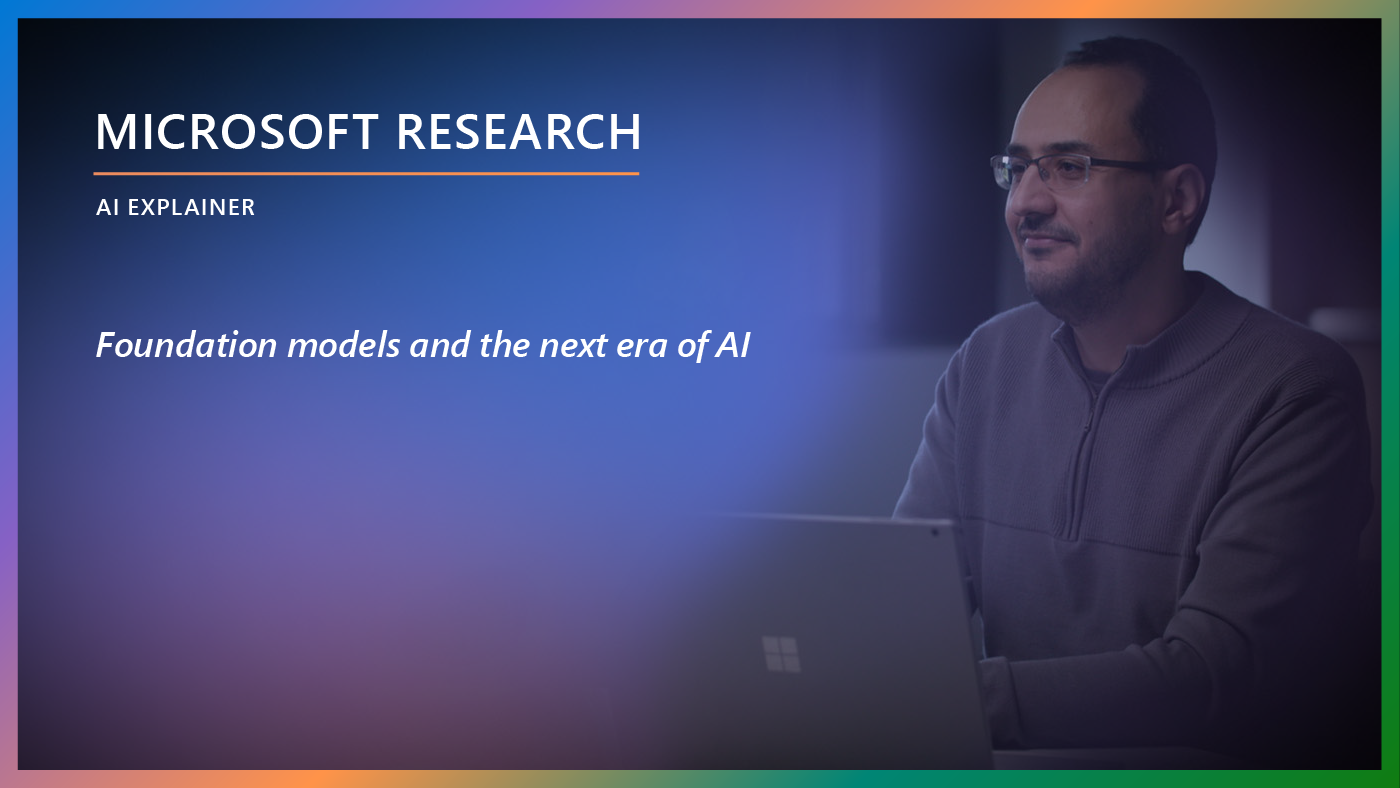Welcome to Research Focus, a series of blog posts that highlights notable publications, events, code/datasets, new hires and other milestones from across the research community at Microsoft.

NEW RESEARCH
NASerEx: Optimizing Early Exits via AutoML for Scalable Efficient Inference in Big Image Streams
Deep Neural Networks (DNNs) are essentially stacked transformation functions (layers) that generate progressively complex features/encoding. This makes them universal approximators and allows for unprecedented success in complex tasks. This inferential effectiveness comes at the cost of increased computational complexity, making DNNs hard to scale for operational efficiency in AI applications, especially when running on resource-constrained hardware.
In a recent paper: NASerEx: Optimizing Early Exits via AutoML for Scalable Efficient Inference in Big Image Streams, researchers from Microsoft and their collaborators propose a new framework to address this problem. NASerEX leverages neural architecture search (NAS) with a novel saliency-constrained search space and exit decision metric to learn suitable early exit structures to augment deep neural models for scalable efficient inference on big image streams. Optimized exit-augmented models, with the power of smart adaptive inference, perform ~2.5x faster having ~4x aggregated lower effective FLOPs, with no significant accuracy loss.
Spotlight: On-demand video
AI Explainer: Foundation models and the next era of AI
Explore how the transformer architecture, larger models and more data, and in-context learning have helped advance AI from perception to creation.
NEW RESEARCH
InsightPilot: An LLM-Empowered Automated Data Exploration System
Effective data exploration requires in-depth knowledge of the dataset and the user intent, and expertise in data analysis techniques. Not being familiar with either can create obstacles that make the process time-consuming and overwhelming.
In a recent paper, InsightPilot: An LLM-Empowered Automated Data Exploration System, researchers from Microsoft address this issue. InsightPilot is a large language model (LLM)-based, automated system designed to simplify the data exploration process. It features a set of carefully designed analysis actions that streamline the data exploration process. Given a natural language question, InsightPilot collaborates with the LLM to issue a sequence of analysis actions, explore the data, and generate insights. The authors demonstrate the effectiveness of InsightPilot in a user study and a case study, showing how it can help users gain valuable insights from their datasets.
BLOG POST
Boosting Cloud Efficiency: Harnessing Data-Driven Decision-Making and Optimization Techniques
Microsoft’s cloud system serves as the backbone for the daily operations of hundreds of thousands of organizations, driving productivity and collaboration. The foundational infrastructure demands both high reliability and efficiency. In a new blog post, Microsoft’s Systems Innovation team explores some recent innovations to continually enhance hyper-scale cloud capacity efficiency, delivering substantial operational cost savings for customers.
Systems Innovation is a collaboration between Microsoft 365, Microsoft Research and Azure. The research group is focused on leveraging their shared deep workload understanding and combining algorithmic research with AI/machine learning techniques and hardware innovation to improve operational reliability and efficiency.
COMMUNITY CHALLENGE
NeurIPS Large Language Model Efficiency Challenge
Large language models (LLMs) trained on large bodies of text can solve tasks with few supervised examples. These few-shot models have shown state-of-the-art success across natural language processing (NLP) tasks, language translation, standardized exams, and coding challenges, as well as in subjective domains such as chatbots. All of these domains involve bootstrapping a single LLM referred to as a foundation model with examples of specific knowledge from the associated task.
The process of updating a model with limited domain-specific data is known as fine-tuning. However, the costs of accessing, fine-tuning and querying foundation models to perform new tasks can be large.
To help democratize access to language models, Microsoft and other industry leaders were pleased to sponsor the NeurIPS Large Language Model Efficiency Challenge, (opens in new tab) which addressed three major issues:
- Lack of transparency around model training methods leads to a majority of models being not reproducible.
- The absence of a standard benchmark to evaluate these models side-by-side.
- Insufficient access to dedicated hardware prevents widespread availability and usage of these models.
The challenge to the community was to adapt a foundation model to specific tasks by fine-tuning on a single GPU of either 4090 or A100 (40GB) within a 24-hour (1-day) time frame, while maintaining high accuracy for these desired tasks.
Each submission was evaluated for accuracy and computational performance tradeoffs at commodity hardware scales. Insights and lessons were distilled into a set of well documented steps and easy-to-follow tutorials. The machine learning community will have documentation on how to achieve the same performance as winning entries, which will serve as the starting point to help them build their own LLM solutions.
The post Research Focus: Week of December 18, 2023 appeared first on Microsoft Research.

